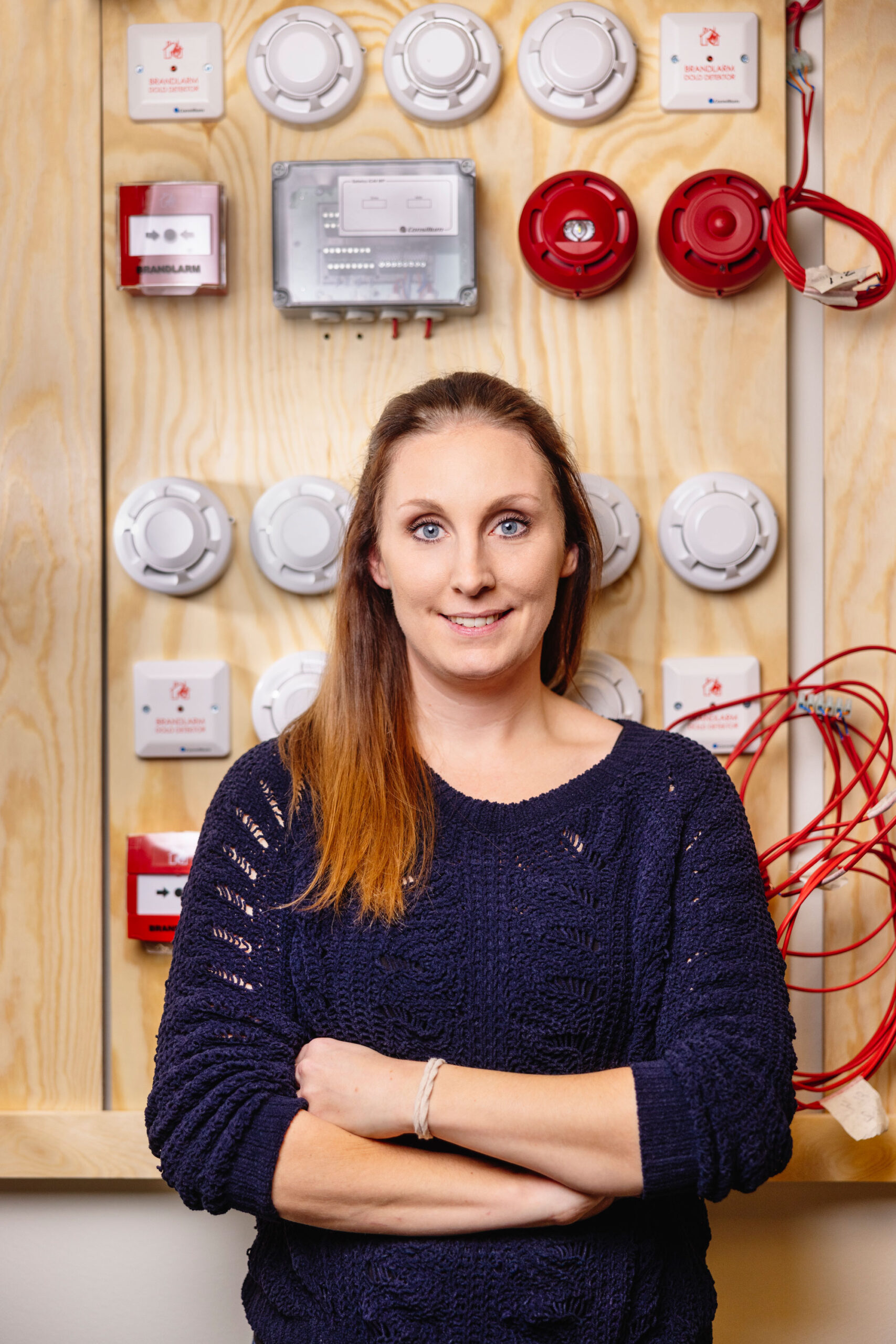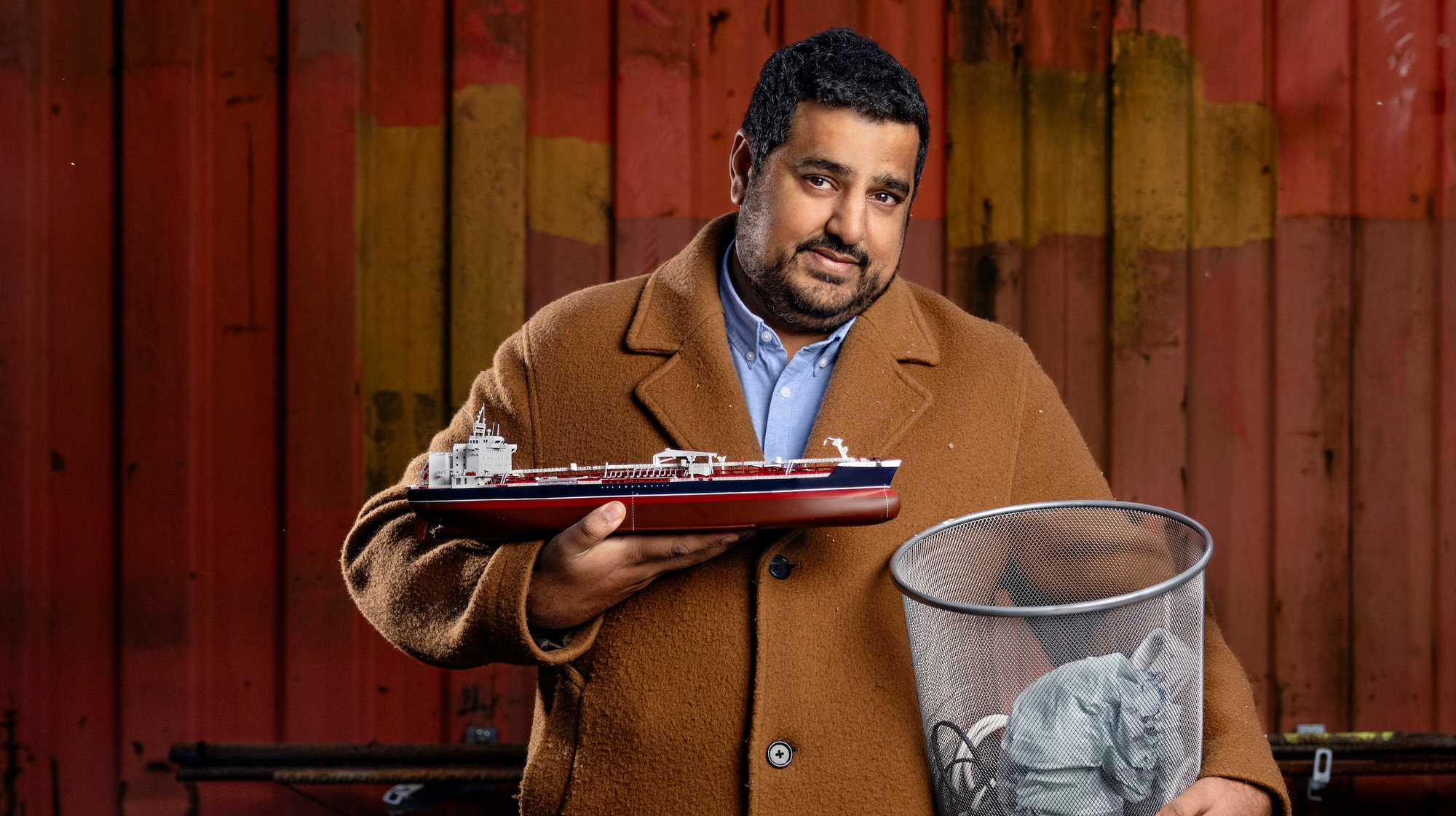In the heart of Sweden’s vibrant capital, a new generation of safety engineers is emerging. Supported by the innovative educational framework at Säkerhetsuniversitetet and its partnership with Consilium Safety Group, which was established last year.
On a typical Stockholm morning, beneath a clear northern sky, the corridors of Säkerhetsuniversitetet hum with a tangible energy.
In one room, a teacher and students engage in discussions, connecting academic theories with real-world safety scenarios.
This scene captures the essence of Säkerhetsuniversitetet’s partnership with Consilium, introducing a fresh dimension to safety engineering education.
The collaboration blends Consilium’s industry experience with the university’s academic rigour creating a curriculum that marries theory and practice.
“Our educational mission is to cultivate competent professionals for the industry,” says Jeanette Lesslie Wikström, CEO at the industry organization Säkerhetsbranschen. “Our efforts with Consilium mark a significant stride toward this goal.”
In the university’s laboratory room, provided with fire and gas detection solutions by Consilium, we meet Amanda Grahn, who studies the safety engineer program, which includes a five-month LIA internship.
In the lab, students like Amanda work hands-on with fire detection systems. Their experiments and simulations are key to developing essential real-world skills for their future careers.
In her own words, Amanda shares her experiences as a student.

“I worked as a security guard where I was drawn to the opportunity for a career in safety technology. Working as a security guard interacting with this kind of system. I wanted to explore the technology behind it and contribute to enhancing safety measures.”
Any standout experiences during your education?
“So far, all our projects have been fascinating. Collaborating with technicians on detailed security and fire safety projects and applying our theoretical knowledge practically was a highlight.”
“Yes, I interned at Consilium. After connecting with them at a safety event, I received an invitation for a three-week internship in Stockholm. Working closely with their service engineers’, I gained valuable insights into the technology and responsibility for fire and gas detection systems.”
Your plans post-education?
“I aim to work in project management or product design. Right now, I’m leaning towards fire safety due to my prior experiences. I’m enthusiastic about contributing to new security and safety solutions like camera systems, fire detection, or access control.”

Your views on technology’s role in fire safety?
“Technology has significantly improved and shaped safety measures. At Säkerhetsuniversitetet, we’ve explored smart detection and automated suppression systems, and the use of real-time monitoring. I believe technology will play an even larger role in the future.”
Your ideal workplace?
“A place where I can contribute to advancing safety initiatives. I value a community-focused environment that encourages continuous learning and development.”
Anything else about your education?
“Studying safety engineering is fascinating and diverse. Studying here has made me aware that safety permeates almost every aspect of society. Whether in a preschool, restaurant, office, or when walking home, safety is always a consideration. Also, learning from experienced teachers has been invaluable. I’m excited to apply this knowledge in the real world.”
Any advice for prospective students?
“If you’re passionate about safety and pursuing a career where you can make a difference, apply. Don’t let fear of stepping into a new industry deter you. It might seem intimidating, but with the right determination, you can handle most challenges. It’s about embracing opportunities.”
As we look at the advancements in safety education alongside emerging technologies, the industry’s growth is evident. Anna Skanse, Human Resources Manager at Consilium Safety Group, comments on this evolving landscape.
“There has been significant development within both safety technology and the real estate industry, and it is therefore important that competence keeps up pace with this progress. We want to provide future safety engineers with the opportunity to understand how these systems work, and we’re pleased to be able to participate and contribute by educating them,” Says Skanse.

Talk safety with us
There are thousands of questions regarding safety. But there are also thousands of answers. Talk safety with us – we are ready when you are.


